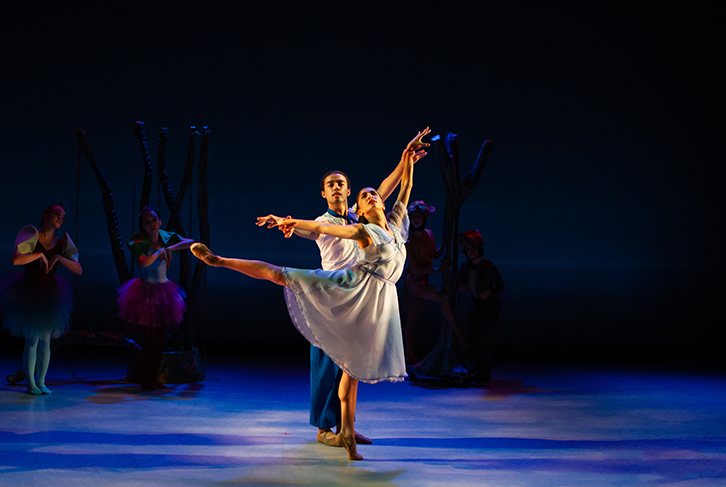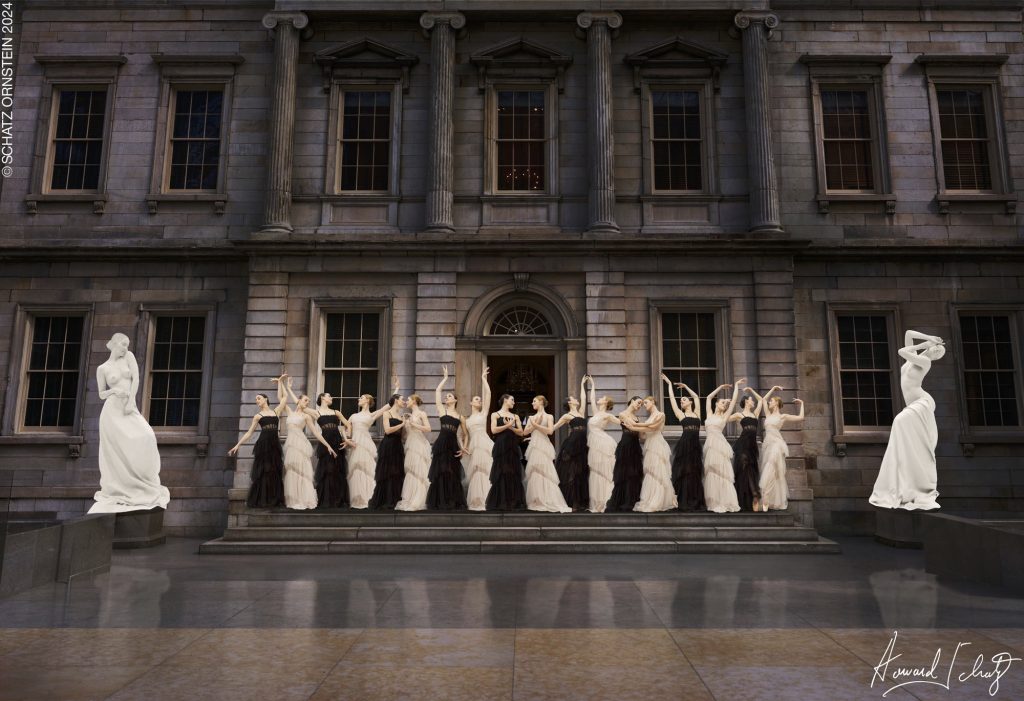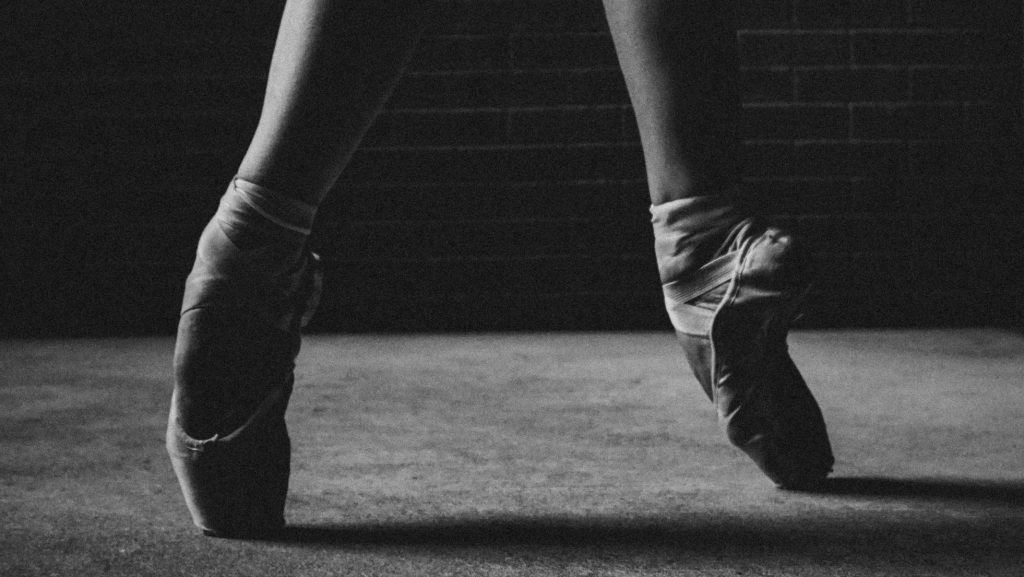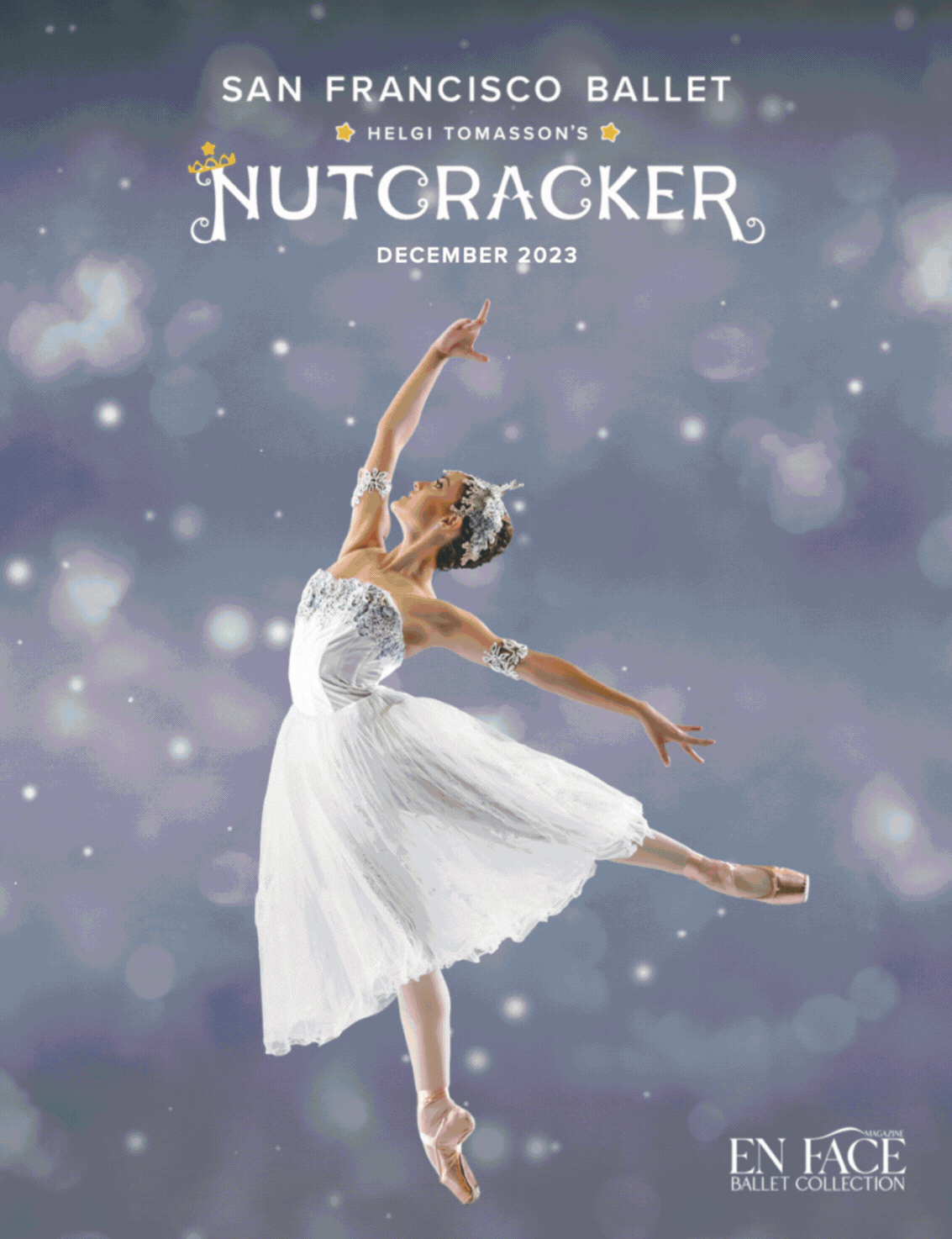
How Maria and the Mouse Deer was created.
I was born and raised in the Philippines, in the town of Los Baños, Laguna located at the foothills of Mount Makiling (mah-keeling), an inactive volcano home to hot springs and a dense forest of trees. The shape of this mountain is said to resemble the profile of a woman lying down — the peaks forming her chest, face, and long hair cascading in a gentle slope. According to legend, its forest is inhabited by the fairy or guardian spirit, Maria Makiling. As a child, I was fascinated by the legend of Maria Makiling – stories of Maria protecting the mountain’s animals and plants and watching over the townspeople below, stopping deluges, storms, and earthquakes. The enchanting ‘diwata’ (dee-wah-tah) or nature spirit of oral tradition was a source of inspiration for many stories, superstitions, and works of art. Like many Filipinos, I was instilled with deep respect for nature and its power.
In my career of watching, performing, and staging story ballets I have been fascinated by the commonalities in the tales from cultures the world over — from the animal characters that take on human qualities to the morals, lessons, and values these stories teach. Maria and the Mouse Deer combines the lore of Maria Makiling with the Southeast Asian ‘trickster tales’ of the clever Mouse Deer. This ballet, with traditional Philippine music and glimpses of Philippine folk dance integrated with ballet steps, has the universal message of caring for the earth and its creatures.
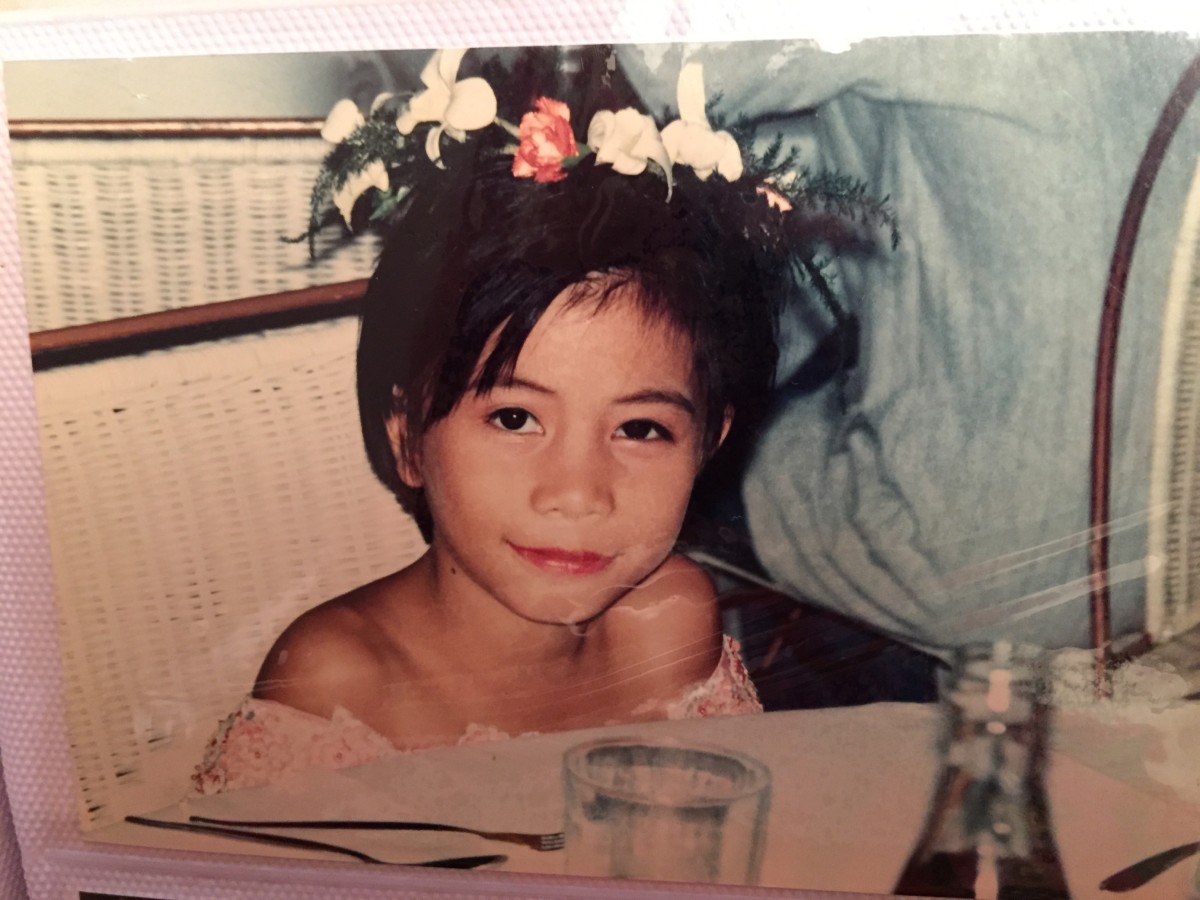
Alexa as a child.
BALLET AUSTIN’S FABLES OF THE WORLD
Maria and the Mouse Deer is the inaugural work in Ballet Austin’s new series, Fables of the World. This series invites youth and families to explore and connect to a myriad of cultures through their tales and fables. With the goal of a new imaginative production for youth and families created every two years, this series is a longterm effort to program new works for Ballet Austin II that share stories from various cultures, particularly featuring some less-represented, non-Eurocentric perspectives. Through our Fables of the World series, we hope to enrich the ballet tradition with new stories from a much broader cultural context.
This article was first published in the Maria And The Mouse Deer playbill. It is published here courtesy of Ballet Austin. Click here to learn more or read the entire playbill.

